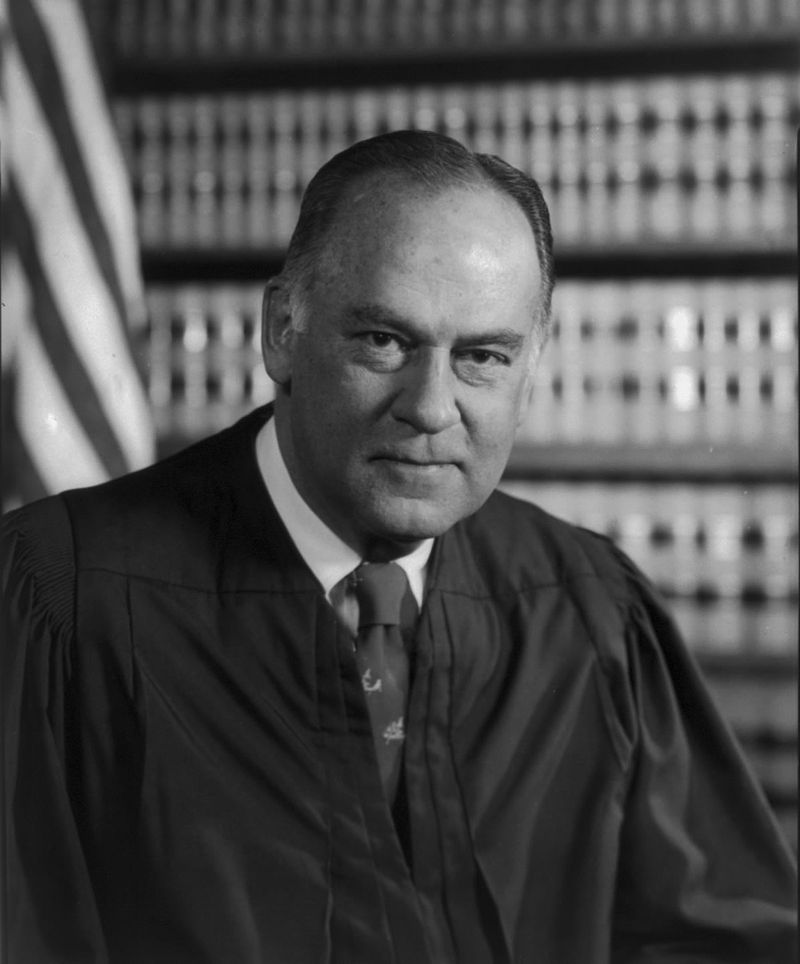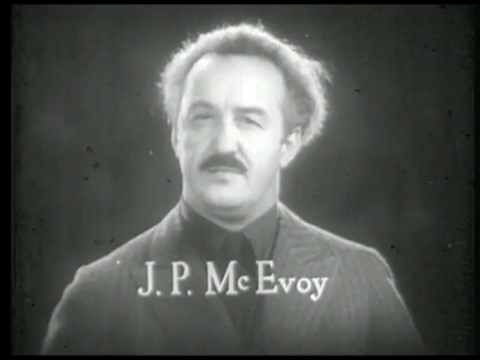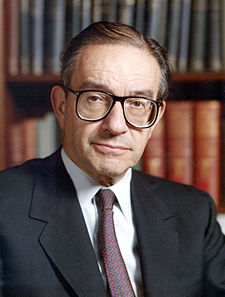
This is the time of year when many of you are celebrating holidays; spending time with family, friends and loved ones; bidding farewell to 2015; and looking forward to the New Year – 2016. A time when many of us pause to reflect on what has happened in the past year and wonder what the new year will bring. There are people who have touched us and some with whom we’ve gotten closer; some we have missed and many with whom we resolve to try and be better in the new year; and perhaps a few we might like to forget. We pause to remember those who are no longer with us and appreciate that by remembering them, we keep their spirit – all we have learned from them and all they have meant to us – alive. As 2015 comes to an end, we reflect on friendships and relationships, events and experiences. Many will use the opportunity to thank those who have helped us in tough times and those with whom we cherish sharing the good times.
For me it has always been a time to resolve to keep doing the good things I’ve done and to be better about trying to do those things I should have done. This time of year gives me an excuse to say thank you and express appreciation to everyone who has enriched my life. If you are reading this, you are part of my audience – part of the fabric of my professional life and, like the threads of that fabric, you have helped me weave the patterns and textures you read in these digital pages and the thoughts and sensitivities that become imprinted in my mind. I am grateful for your readership and in some cases, your friendship. I am always appreciative when you take a moment to read and perhaps gain some insight, while also being a little entertained.
So let me take this the opportunity to wish each of you, your families, friends, loved ones and yes, even an enemy or two, a beautiful and joyous holiday season and a healthy, happy new year, filled with wonder and magic, health and joy, challenge and opportunity, and prosperity and success. I especially want to thank a few people at Rimon like Kaitlin Southron, Lois Thomson and Rebecca Blaw who make this blog happen. These are the people you don’t see, but I do! They make Legal Bytes come alive. They are always amazing, consistently awesome and unbelievable under pressure. There are insufficient words to express my gratitude and appreciation – especially when they get my email that says “can we please post this ASAP.” Thank you. You make it look easy, you make me look good. I could not do this without you!
Continue reading “Thank You for 2015 – Best Wishes for 2016”






